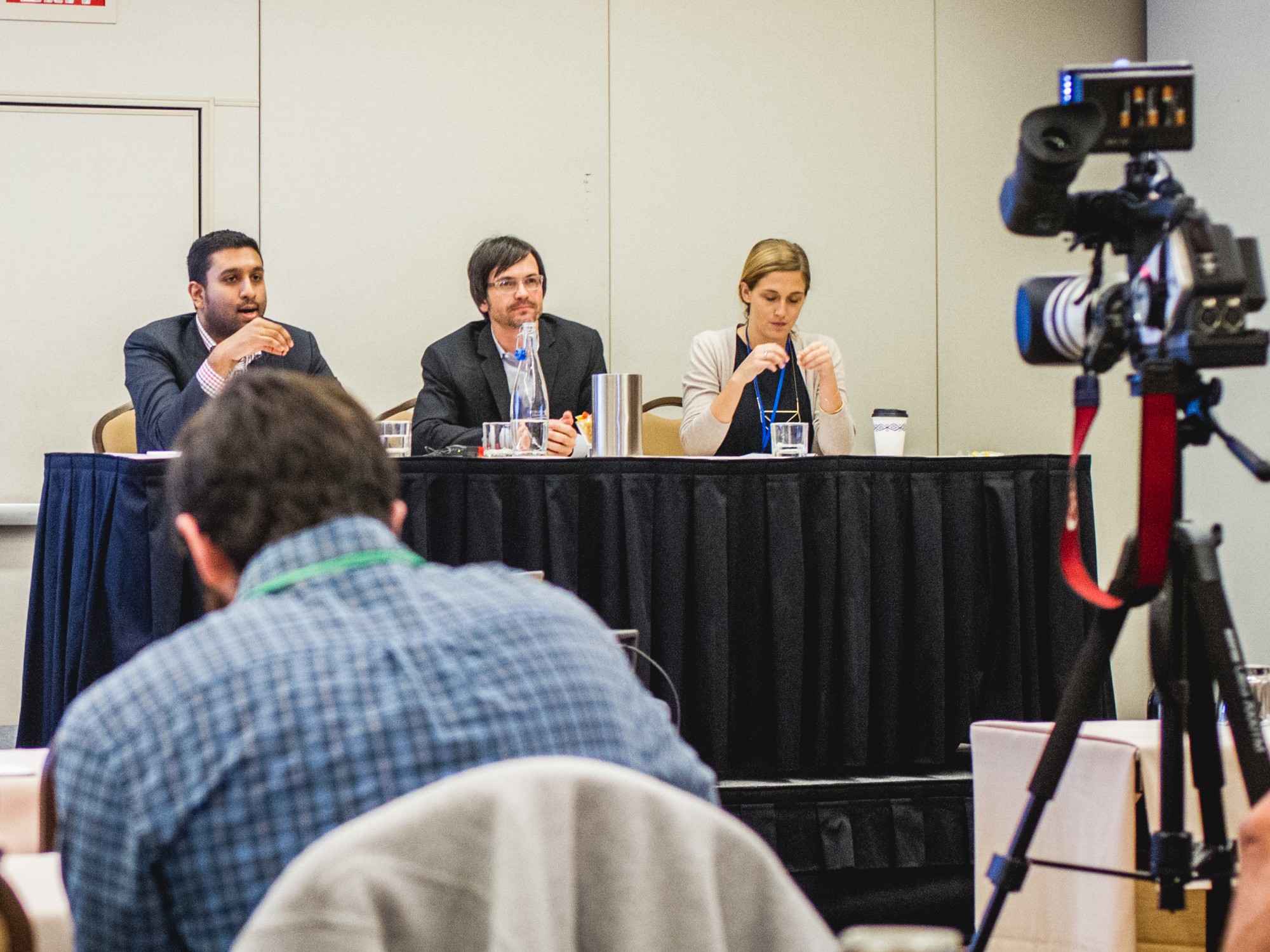A good number of freshmen enter college wanting to save the world. I know I did. Following a first semester spent taking diverse coursework in topics from Anthropology to Ethics, I came to the conclusion that I knew nothing about the world. I decided this would be a good place to start, so I began to pursue my primary major in Political Science. Halfway through junior year I was again stumped, however. I had learned some things: the political structures of the Chinese Communist Party, the general teachings of the great western philosophers and feminist political theorists, and the nuances of the War on Terror, to name a few. These insights were valuable, to be sure, but in terms of my original goal I was even more lost then when I started at Tulane. I had learned about the long history of “white saviors” attempting to impose their ideas of betterment on those they considered less fortunate, and the oftentimes disastrous results. After exploring many introductory courses in different majors focused on creating change, I stumbled upon the Social Innovation Minor and found it to be exactly what I was looking for. The focus on human-centered design in Social Innovation and Entrepreneurship puts the recipients of interventions in the driver’s seat, encouraging the most effective and efficient modes of change.
I couldn’t wait to use what I had learned outside the classroom, so I was extremely excited then to be accepted as a Fellow at Fund 17. Fund 17 is a New Orleans-based nonprofit that partners with local entrepreneurs to legitimize and grow their businesses, and the organization received crucial initial support from earlier incarnations of the Phyllis M. Taylor Center for Social Innovation & Design Thinking. With the help of the Changemaker Catalyst Award I was able to travel, with other members of my cohort of Fellows, to Washington DC to attend the annual Lend for America Summit. The Summit allowed student leaders in the microfinance branch of social innovation to gather at Georgetown University in order to connect and hear from top names in the field. I especially enjoyed hearing about Kiva’s recent work in the US after having heard the founder Matt Flannery speak earlier this year about their international efforts when he came to Tulane. Networking with organizations from around the country was very valuable as well, as was hearing how other organizations operate compared to how we do things at Fund 17. The strength of the numerous community ties that Fund 17 has cultivated, for instance, stood out as a unique asset of our organization in comparison to some of the others present. The importance of credit and a good credit score, discussed by a representative from Justine Peterson, was also very transformative in terms of my view of microfinance. His opinion that building client’s credit should be the primary goal of a microfinance institution was relatively new to me, and will provide food for thought once Fund 17 starts lending again.
I left the Summit encouraged by the strides microfinance and entrepreneurial consulting organizations are making across the country, and I am excited to bring what I have learned back to my partner entrepreneur and fellow students here in New Orleans.

